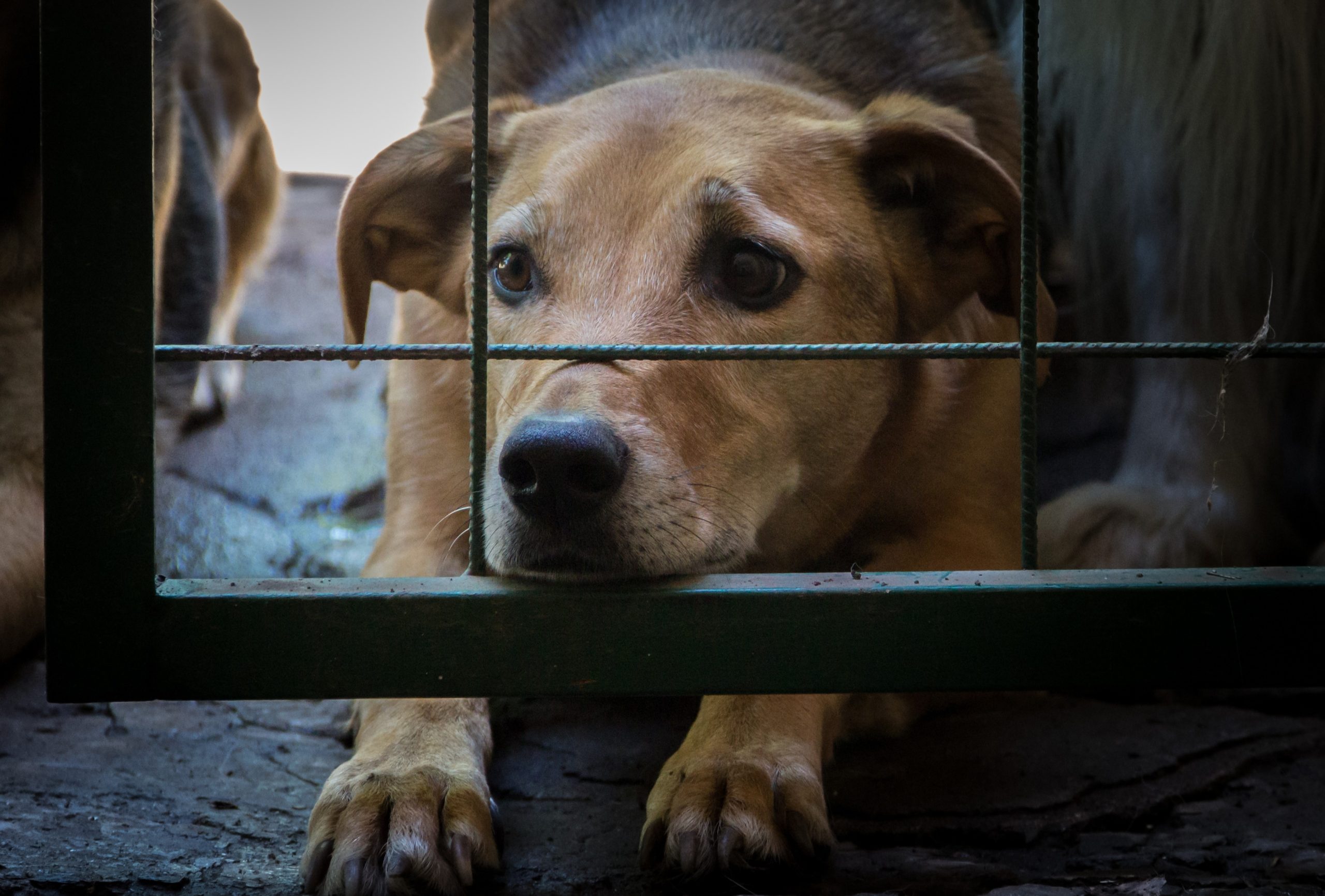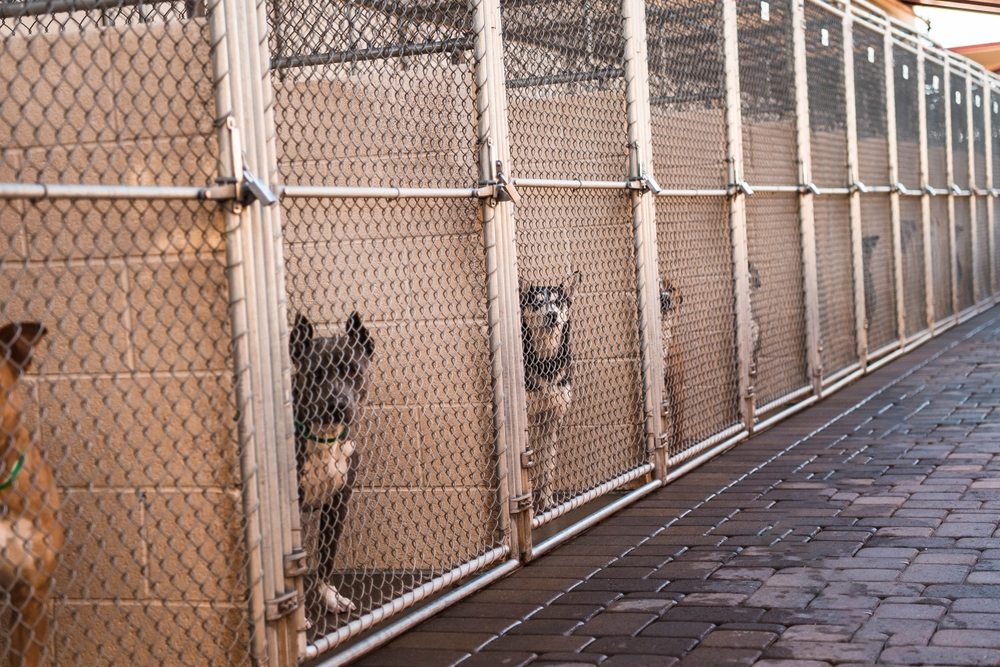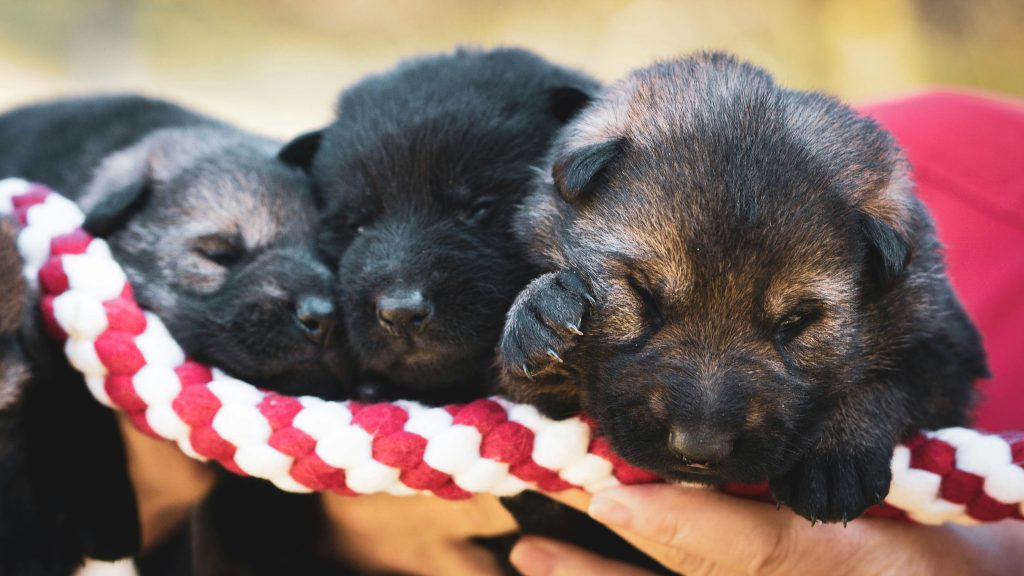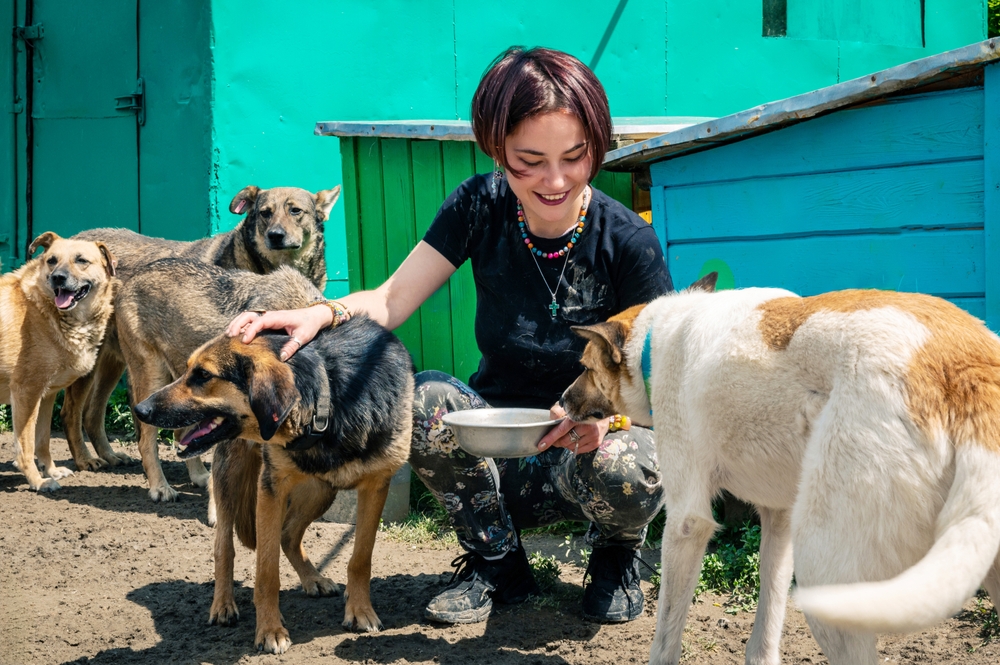Your cart is currently empty!
Florida Takes Aim At Cruel Puppy Mills To Protect Vulnerable Dogs

Across Florida, stories of dogs left in cramped cages, bred until their bodies give out, or discarded when they are no longer profitable have been hard to ignore, even when the breeding operations behind them stayed out of sight. Now, a fresh push from state leaders is pulling those hidden kennels into the open, forcing a closer look at who is trusted to breed dogs, how pet shops fill their windows with puppies, and what it actually means when people say their pets are part of the family.
Florida’s New Plan to Rein in Abusive Dog Breeding

Florida is signaling that the era of looking the other way on abusive commercial dog breeding may be ending. At Big Dog Ranch Rescue in Loxahatchee Groves, Governor Ron DeSantis outlined a proposal to move Florida toward a statewide system of oversight for dog breeders.
The plan is aimed at the breeding pipeline rather than individual pet owners. It targets large-scale operations and repeat offenders that keep dogs in crowded cages, deny them veterinary care, or overbreed them for profit. Ethical breeders, the governor stressed, should have nothing to fear from clear, humane standards.
At the center of the proposal is a statewide licensing system overseen by the Florida Department of Business and Professional Regulation. Working with the Department of Agriculture, the state would develop science-based rules on issues such as overcrowding, extreme weather exposure, and breeding frequency. Breeders that fail to meet these standards could lose the license they need to operate.

Several tools are meant to make those rules real in people’s lives:
- Licensing and enforceable welfare standards to distinguish responsible breeders from abusive ones.
- Limits on the puppy mill pipeline to pet stores, giving priority space to shelter and rescue adoptions.
- A dedicated hotline so workers, neighbors, and consumers can report suspected abuse.
- Harsher penalties for abusing animals in front of children, recognizing the lasting trauma this can cause.
- Stronger consumer protections, including clearer pricing and accurate veterinary health records when families bring a dog home.
Together, these measures are designed to ensure that when Floridians welcome a dog into their family, that animal has not been bred in suffering—and that the state finally has the tools to enforce that promise.
Learning from the Past, Legislating for the Future
Florida’s latest breeder crackdown proposal does not appear in a vacuum. It follows a series of disturbing cruelty cases and earlier, more modest laws that highlighted just how vulnerable dogs remain without a stronger safety net.
In 2025, lawmakers passed “Trooper’s Law,” named for a Bull Terrier found tied to a fence in Tampa as floodwaters from Hurricane Milton rose. The law makes it a third-degree felony to restrain and abandon a dog during a natural disaster. “Dexter’s Law,” signed the same year, lengthened prison sentences for those who torture, mutilate, or kill pets after a bulldog mix was discovered decapitated and dumped in St. Petersburg.
Both measures were important, but they focused on punishing cruelty after it occurred. The new breeder-focused plan attempts to reach further upstream—into the conditions that allow suffering to become routine rather than exceptional.
There have also been earlier attempts to regulate breeders more directly. In the 2025 session, Rep. Meg Weinberger and Sen. Jonathan Martin proposed requiring breeders to register with the state, submit to inspections, and appear in a public database, with hefty fines for violators. Despite support from animal advocates, those bills never received a vote in either chamber.
By returning to Big Dog Ranch Rescue—the same venue where he signed Trooper’s and Dexter’s Laws—Governor DeSantis is signaling that this time he wants a more comprehensive approach. The 2026 legislative session, beginning January 13, will reveal whether lawmakers are ready to move from punishing the worst abuses to reshaping the system that enables them.
How Puppy Mills Harm Dogs, Families, and Communities

Behind the policy language sits a simple reality: large-scale, profit-driven breeding operations can cause harm that ripples far beyond their kennel walls. Puppy mills often prioritize volume over welfare, keeping breeding dogs and litters in cramped, unsanitary conditions, with little socialization or veterinary care. When animals are treated as production units, the result is predictable – sick, fearful, or poorly bred dogs entering people’s homes.
Florida has felt those impacts acutely. The Humane Society of the United States has identified Miami-Dade County as the top hotspot in the country for pet stores selling dogs from puppy mills, underscoring how easily puppies bred in distant facilities can end up in local storefronts. Families may fall in love with a puppy only to discover hidden health issues, unexpected veterinary bills, or behavioral challenges linked to early neglect.
Those failures do not fall on buyers alone. When dogs are bred without regard for temperament or long-term health, more of them are eventually surrendered to shelters or rescue organizations. Overcrowded facilities then shoulder the emotional and financial burden of caring for animals who should never have been bred in the first place. Communities absorb the cost through public shelter funding, volunteer labor, and the quiet strain on staff who see preventable suffering every day.
This is the pipeline Florida’s proposal is trying to disrupt – by putting pressure on breeders to meet basic standards, by asking pet stores to prioritize shelter adoptions, and by insisting on honest veterinary disclosures. The aim is not only to prevent cruelty in breeding facilities, but to reduce the downstream heartbreak and costs borne by ordinary families and local rescues.
How New Rules Could Help Good Breeders And Local Pet Shops

Although the headlines focus on cracking down, much of the proposed framework is also about protecting the people who are already trying to do things right. Ethical breeders often invest heavily in genetic testing, socialization, and veterinary care, yet they compete in a marketplace where irresponsible operators can undercut prices by cutting corners. Clear, statewide standards and licensing could help draw a visible line between those two groups.
With a licensing system in place, reputable breeders would have a formal way to demonstrate that their practices meet Florida’s expectations on housing, health care, and humane treatment. That transparency can reassure potential buyers, while allowing regulators to focus inspections and enforcement on those who fall short. In practice, good breeders gain a credential that supports their reputation, while chronic offenders face the risk of losing the legal right to operate.

Pet stores would also feel the shift. Under the proposal, they would be encouraged to prioritize space for local shelter and rescue adoptions before selling dogs from commercial breeders. For stores, this creates both a challenge and an opportunity. It may limit easy access to high volume, low cost puppies, but it opens the door to partnerships with shelters that can attract customers who want to adopt rather than shop.
For families, the combination of licensed breeders, shelter partnerships, and required transparency on health and pricing can make the process of bringing home a dog less of a gamble. Instead of relying on marketing claims or polished storefronts, buyers would have clearer signals about where their puppy came from and how it was raised, while knowing there are meaningful consequences if someone cuts corners with an animal’s welfare.
Building a Culture of Care, One Choice at a Time

New laws can set the stage, but they are only as strong as the people who stand behind them. Florida’s plan to license breeders, support shelters, and punish cruelty more firmly is a chance to draw a clear line between care and neglect. Families can help by slowing down before bringing a dog home, asking to see where animals are kept, checking for licenses and vet records, and choosing shelters or responsible breeders instead of whoever offers the fastest or cheapest puppy. Each careful decision weakens the market for puppy mills and strengthens the people who do right by their animals.
Real change also depends on what happens when something looks wrong. Calling a hotline, reporting obvious signs of neglect, or speaking up when animals are left in dangerous conditions can feel uncomfortable, but staying silent leaves dogs trapped in the same suffering. Talking with children about kindness to animals, and why cruelty is never acceptable, helps them grow into adults who will not look away. If Florida follows through on these reforms and its residents use their voices and choices, the state can move from reacting to horror stories to building a culture where it is much harder to hide cruelty and much easier for every dog to be treated like the family member so many of us say they are.
